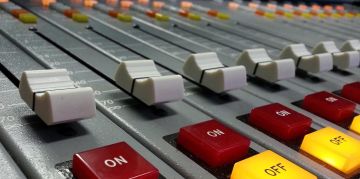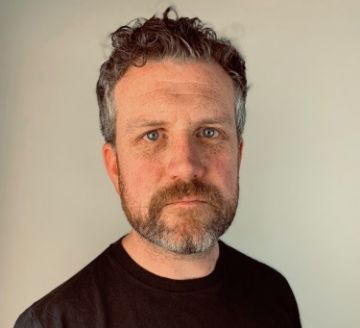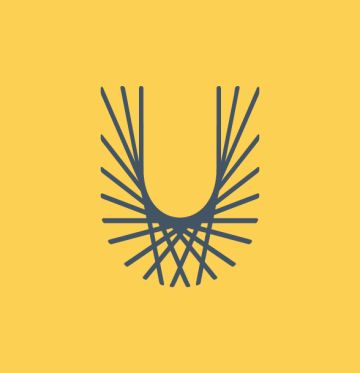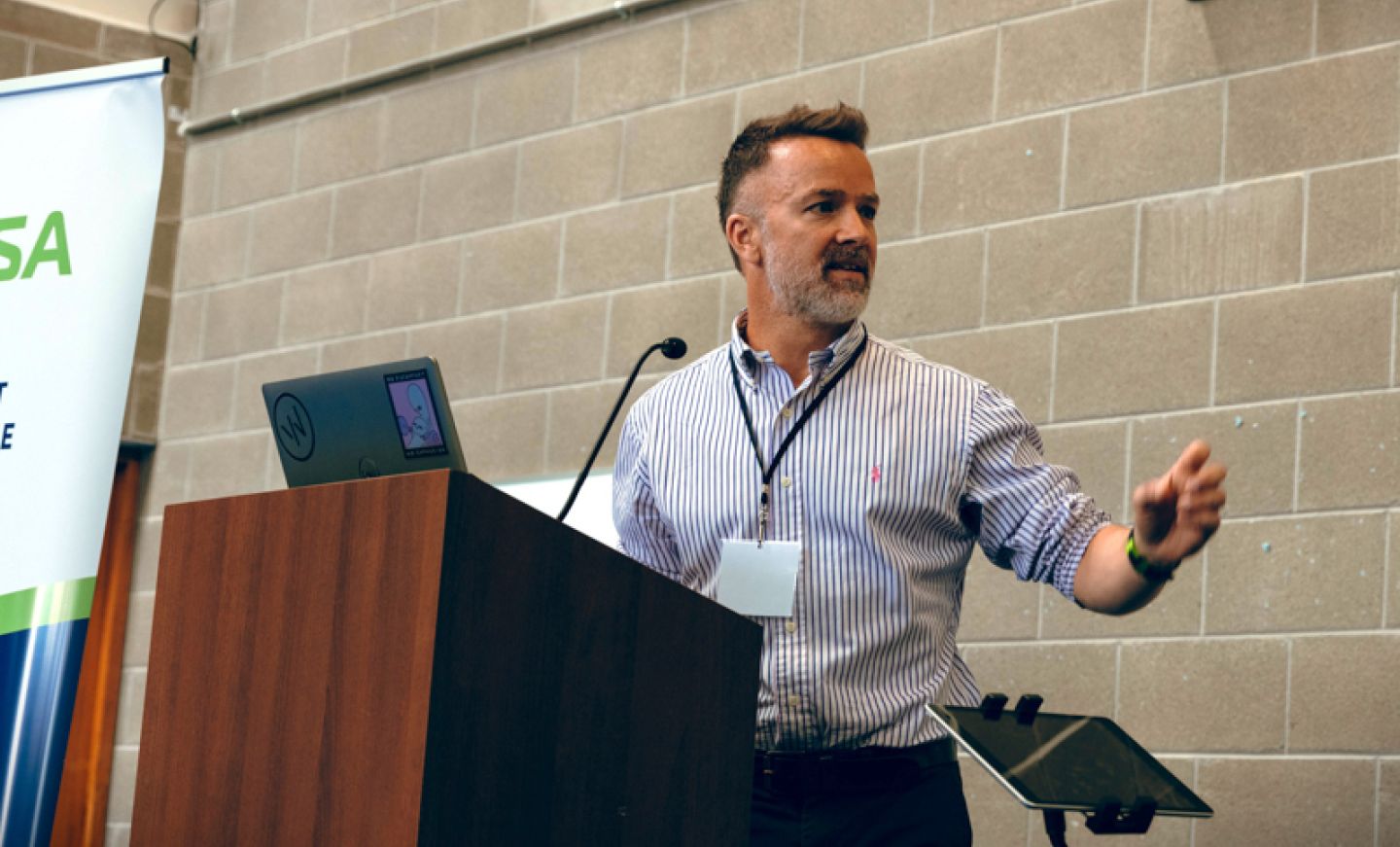

The Certificate in Radio and Podcasting is a practice-based introduction to radio broadcasting and presenting jointly developed and delivered by South East Technological University SETU, WLR FM and Beat 102-103. The Course is delivered by both practicing broadcasters and academic lecturers and designed to give an introduction to the operation of a commercial radio station and the day-to-day work of broadcasters within it.
Students are not required to have any previous experience in radio. If you are eager to ‘get a foot in the door’ of the broadcast industry but currently lacking experience why not sign-up for this course to test your aptitude and build a portfolio.
Fees and Funding Available
The course fee is normally €400 but from part-funding of up to 50% may be available from Waterford Chamber Skillnet (WCS), for eligible employed applicants, which would mean a total fee to the student of €200 for the full 12-week course. No need to do anything extra at application stage in order to avail of this funding - simply apply online using the 'Apply SETU' button above. All successful applicants who consent to have their application information shared with WCS will be informed if they are eligible for the subsidy.
How is the Course Delivered
The course will be delivered on-site at both the WLR FM and Beat 102-103 Broadcast Centre and the SETU Waterford Campus over 12 weeks, Thursday 7.00pm-10.00pm. Classes will include:
- Lectures and practical sessions with group work and class discussion;
- Industry seminars with senior professional commercial radio managers and presenters;
- Case studies from WLR FM and Beat 102-103 highlighting good practice in broadcasting.
There are no 'exams'. The assessment for the Certificate is based on completing practical assignments over the course of the 12 weeks designed to help participants learning. The assignments are based on the 'real-life' world of radio broadcasting where participants' 'pitch' an idea for a radio programme and go through a series of structured steps culminating in each participant creating their a radio feature of broadcastable quality. All students will receive individual feedback on their assignments.
SETU Waterford Beat WLR Radio Course
On successful completion of this module the student will be able to:
- Research and prepare scripts and running orders for radio broadcasts
- Record and edit audio material for radio broadcasts
- Present speech content in a live and recorded radio setting
- Apply legal and ethical guidelines relating to broadcast media
- Reflect on the role of the radio journalist and presenter within the Irish radio industry
Radio and Podcasting Entry Requirements
Leaving Certificate or equivalent. Candidates may be exempted from this requirement if they can demonstrate that they are suitable candidates for the course of study.
Candidates are not required to have any previous radio experience / candidates may be shortlisted for interview.
The course will be of benefit to candidates who are eager to ‘get a foot in the door’ of the broadcast industry but currently lacking in the relevant practical experience. It will allow candidates to test their aptitude and build skills in broadcasting and including on-air reading and presenting.
It will facilitate candidates to begin to build a portfolio of experience and professional-grade content that will enable them to apply for a range of jobs in the media sector not just in radio or progress further with their education in a more specific field of media
The course will be of benefit to candidates who are eager to ‘get a foot in the door’ of the broadcast industry but currently lacking in the relevant practical experience. It will allow candidates to test their aptitude and build skills in broadcasting and including on-air reading and presenting.
It will facilitate candidates to begin to build a portfolio of experience and professional-grade content that will enable them to apply for a range of jobs in the media sector not just in radio or progress further with their education in a more specific field of medi
Course Leaders




